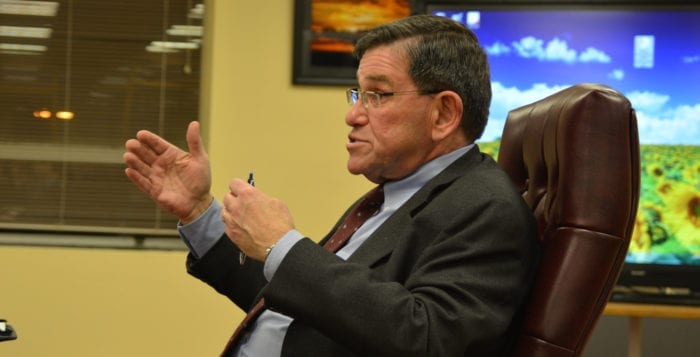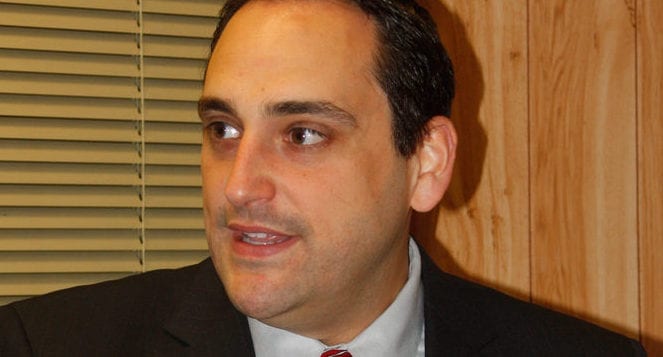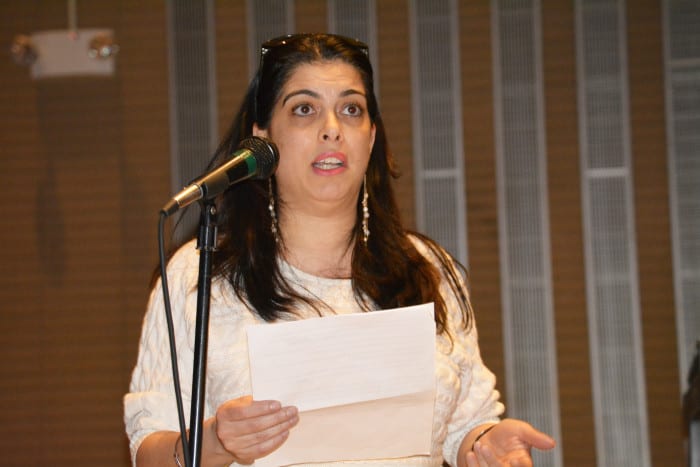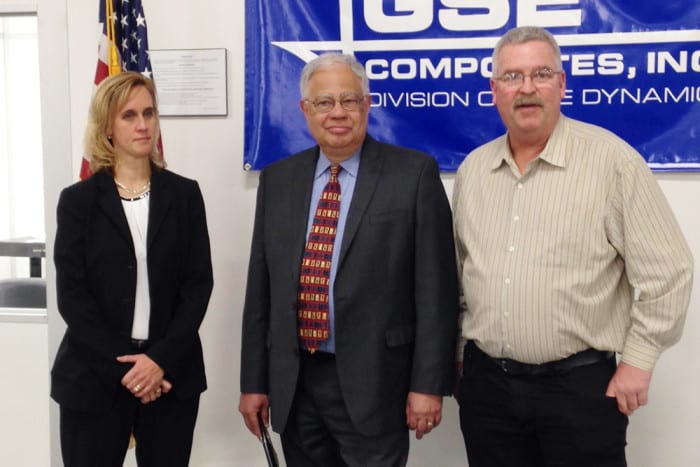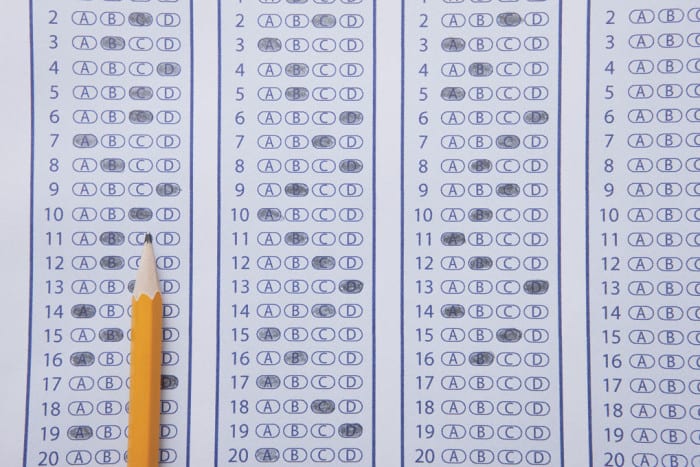Comsewogue officials have sealed their lips on a proposal not to give state exams to students next month.
Both Facebook and the Port Jefferson Station Teachers Association website were buzzing this week, as school board members and residents discussed a proposed resolution saying the board would “seriously consider not administering the New York State standardized [English language arts] and math exams in grades 3-8, and the science exam in grades 4 and 8.” The board of education had encouraged parents to attend its workshop on Thursday night and speak about the state’s testing system.
But just hours before the meeting, the district went silent, and Superintendent Joe Rella and board members said legal counsel had advised them not to discuss the issue.
It is unclear whether the board will bring the resolution to a vote at its next business meeting, on Monday.
According to the resolution, the board takes issue with the state’s current education aid levels and teacher evaluation policies, and with Gov. Andrew Cuomo’s proposed education reforms, one of which would base half of a teacher’s evaluation on student test scores.
The resolution says that the Comsewogue school board would consider not administering the state tests unless Cuomo (D) and state legislators “establish a fair and equitable state aid funding formula … so [schools] can provide for the educational needs of every child” and stop weighing student test scores so heavily in teacher and administrator evaluations.
At the workshop Thursday, a community member said the announcement before the meeting that officials would no longer discuss the matter had surprised her.
“I really can’t tell you why right now,” Rella responded. “We’ve been advised not to comment about it.”
According to state education department spokeswoman Jeanne Beattie, the federal government requires the standardized tests.
“If a member of a board of education or school superintendent takes official action by refusing to administer a required state assessment, the responsible party would be at risk of removal from office by the commissioner of education pursuant to Education Law,” Beattie said in an email.
According to Article 7 of the state Education Law, the commissioner may, following a hearing, remove a school officer, including a school board member or a district administrator, if it has been “proved to his satisfaction” that the person willfully disobeyed “any decision, order, rule or regulation of the regents or of the commissioner of education.” The commissioner may also withhold state aid from any district for such actions.

